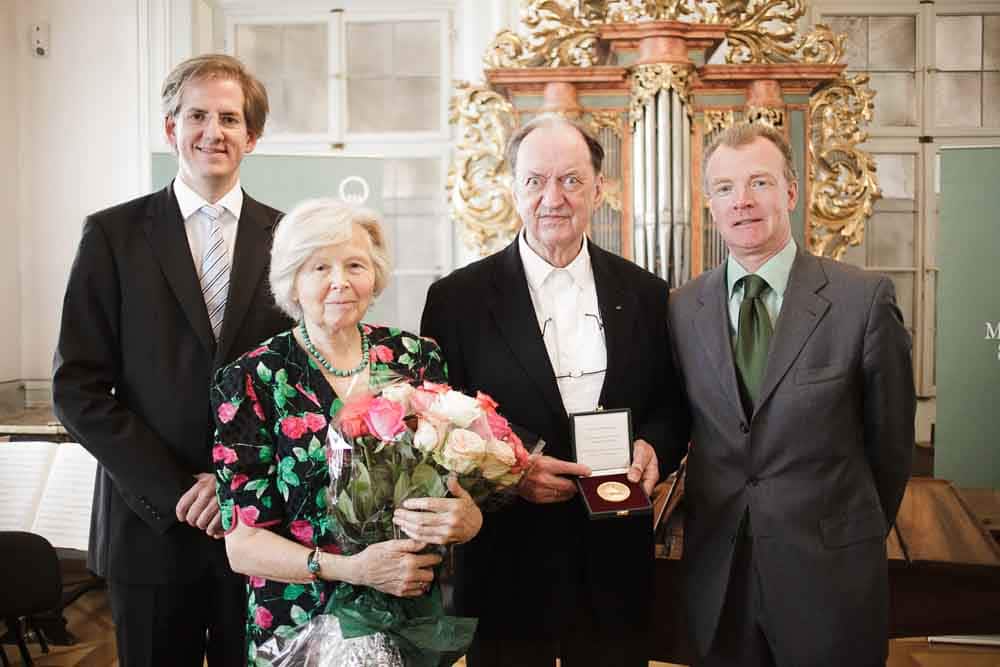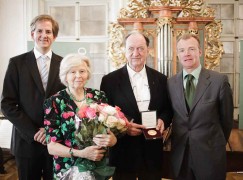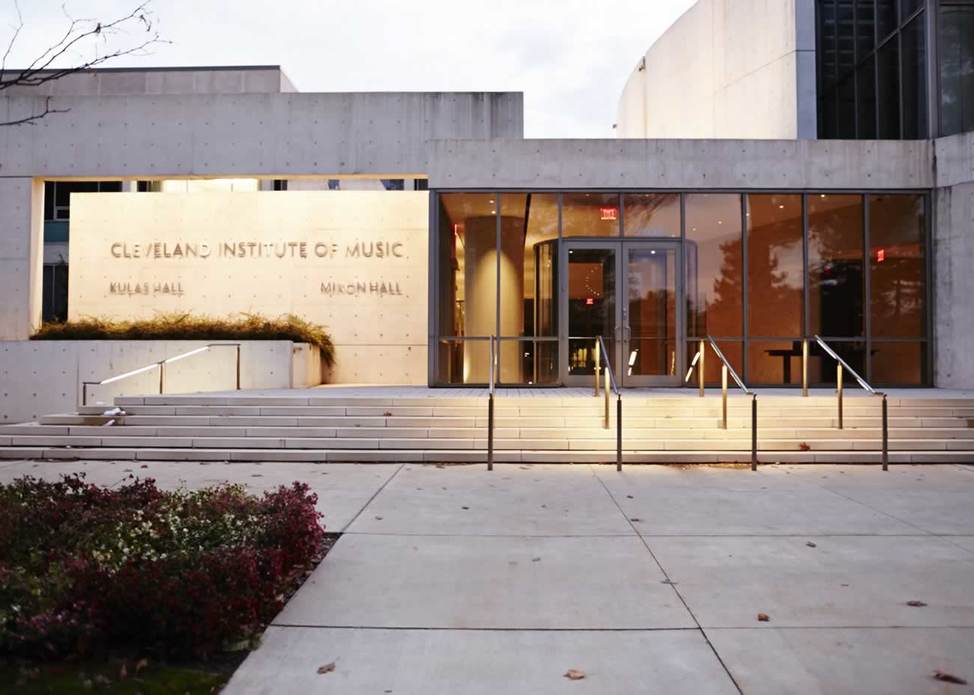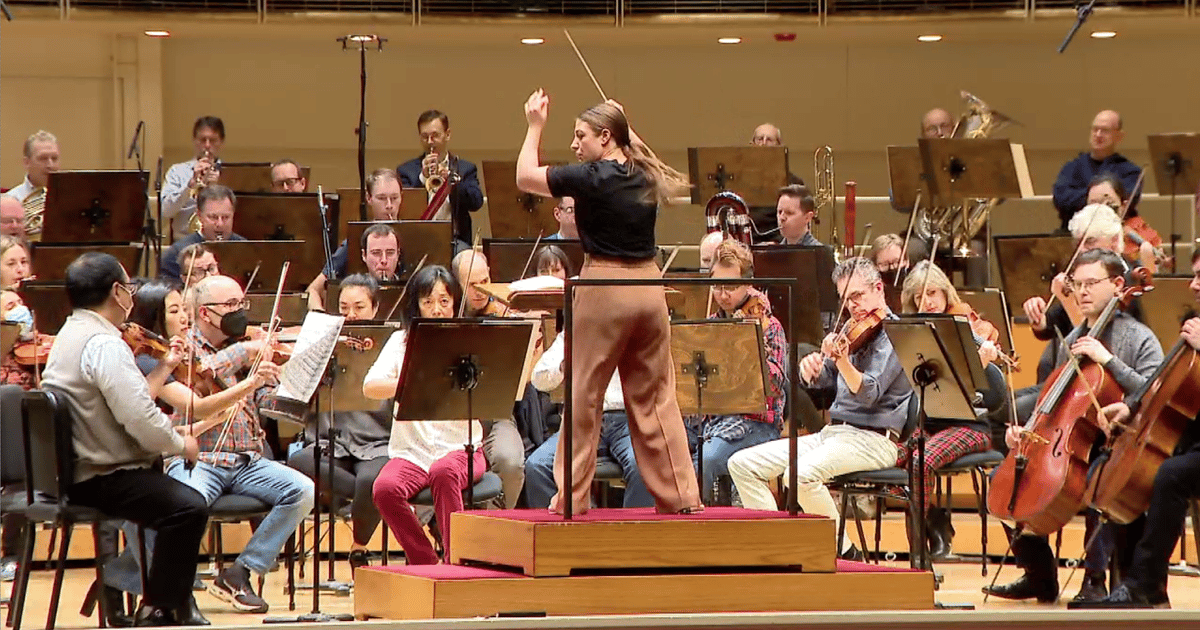Alice Harnoncourt: No other woman was a concertmaster
mainIt’s five years since her husband died and the co-founder of the Concentus Musicus Wien is reflecting on their achievement.
Alice says: I had absolutely no idea about early music. Everything that I did musically afterwards was inspired by him. I was very lucky.
Read on here.







Much of what she says makes no sense. I don’t know if it’s the translation or if she is actually not very smart, but she makes no sense.
Learn German before commenting on a German article.
Could you give us an example?
What do you mean by ‘the translation’, Patricia? The interview was conducted in her native tongue. You read it in the German, right?
To quote your own remarks back at you – I’ll use all the right words, but not necessarily in the right order – I don’t know if you’re actually not very smart [nice that, Patricia], but it’s certainly not the translation…
Madame, after reading with minute attention the Alice Harnoncourt interview, I am compelled to ask: has it occurred to you that the issue at stake might possibly be of the same essence as the one delineated by Georg Christoph Lichtenberg in one of his celebrated aphorisms?
“When a book and a head collide, and a hollow ringing is heard, must we of necessity blame the book?”
——Georg Christoph Lichtenberg, Sudelbücher, Heft D (399)
What translation? In german she makes perfect sense. She sounds a very bright lady.
Oh dear…how rude. Alice is a very smart lady. Clearly you have no idea who she is…but still allow yourself to be so insulting.
Perhaps Patricia read it, as I of necessity did, in a “Google translation” which I assume is AI and not some human translator’s own labor. I would agree that it does not “read” like a person talks (or writes) in English, and even without knowing the German original I found many examples that I could have improved and made more clear and lucid, if even just with some punctuation.
So I shan’t pile on.
I will also say this, that after years of conducting interviews with some great violinists and other musicians for Fanfare, I learned early on that a direct and simple typing out of what they said generally did not read well and did not really convey what the conversation felt like. We read it and judge it as prose but it is not prose, it is talk, and thus rarely if ever impresses as prose. Segments of thoughts are scattered here and there with intervals of unrelated stuff — that is what real conversation is like after all — and I always felt I owed it to the persons I interviewed to stitch together things into a coherent and cogent whole without making up any words. This was true whether English was a first language for them or not. An interviewer, in my opinion, can and should be something other than a court reporter.
The problem with a Google translation program is that while it may be “accurate” it cannot be thoughtful. And in this case just maybe the interviewer was more of a literalist as far as the responses than I was or than I think is necessary for it to be an honest account.
This is not only a fascinating interview, but at the end it gives a Youtube link to five glorious minutes of Harnoncourt rehearsing the Matthew Passion in the Vienna Jesuit Church in 2001. It is good to be reminded of the long and fruitful partnership of the Harnoncourts. Frau Harnoncourt’s modesty, and gratitude for her good fortune, are an instructive contrast to the present-day encouragement of shrill self-entitlement.